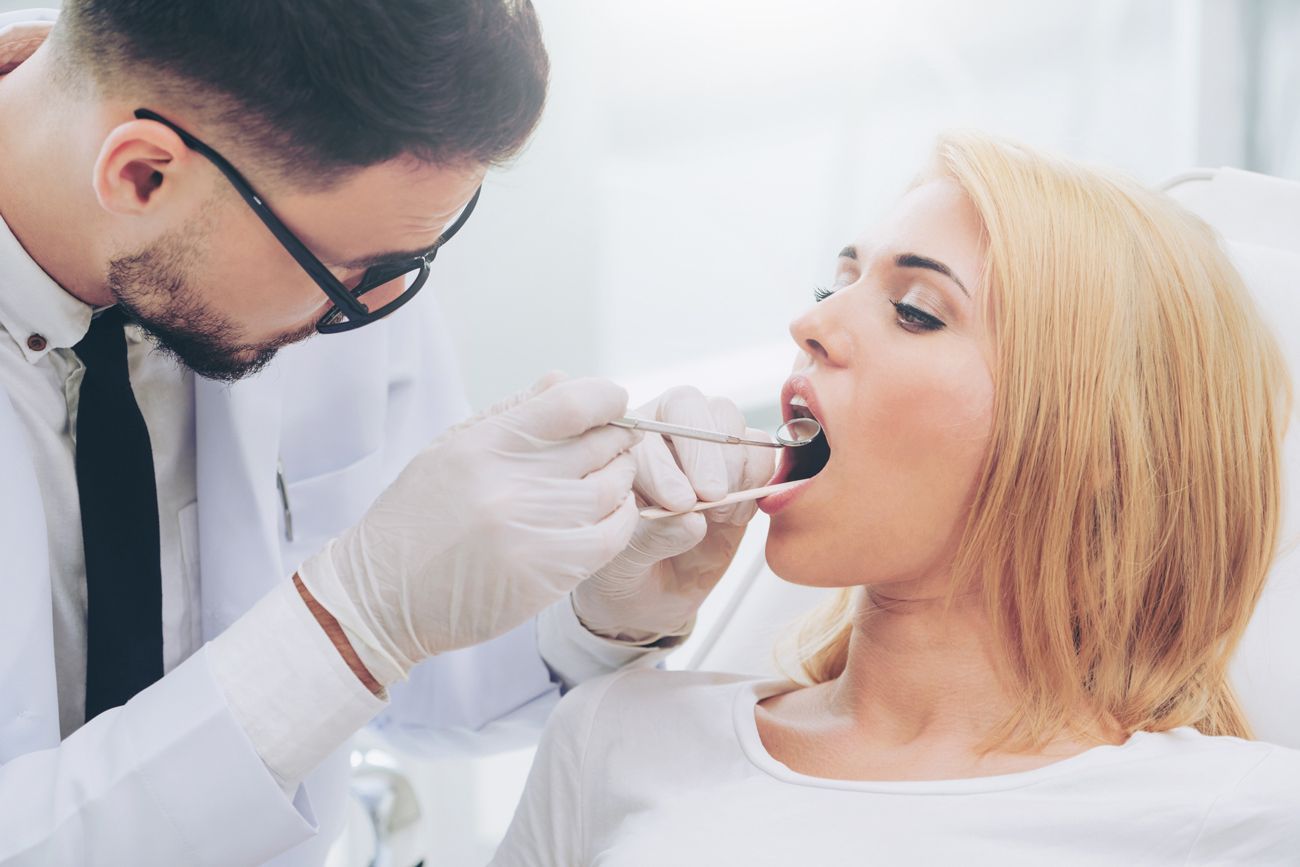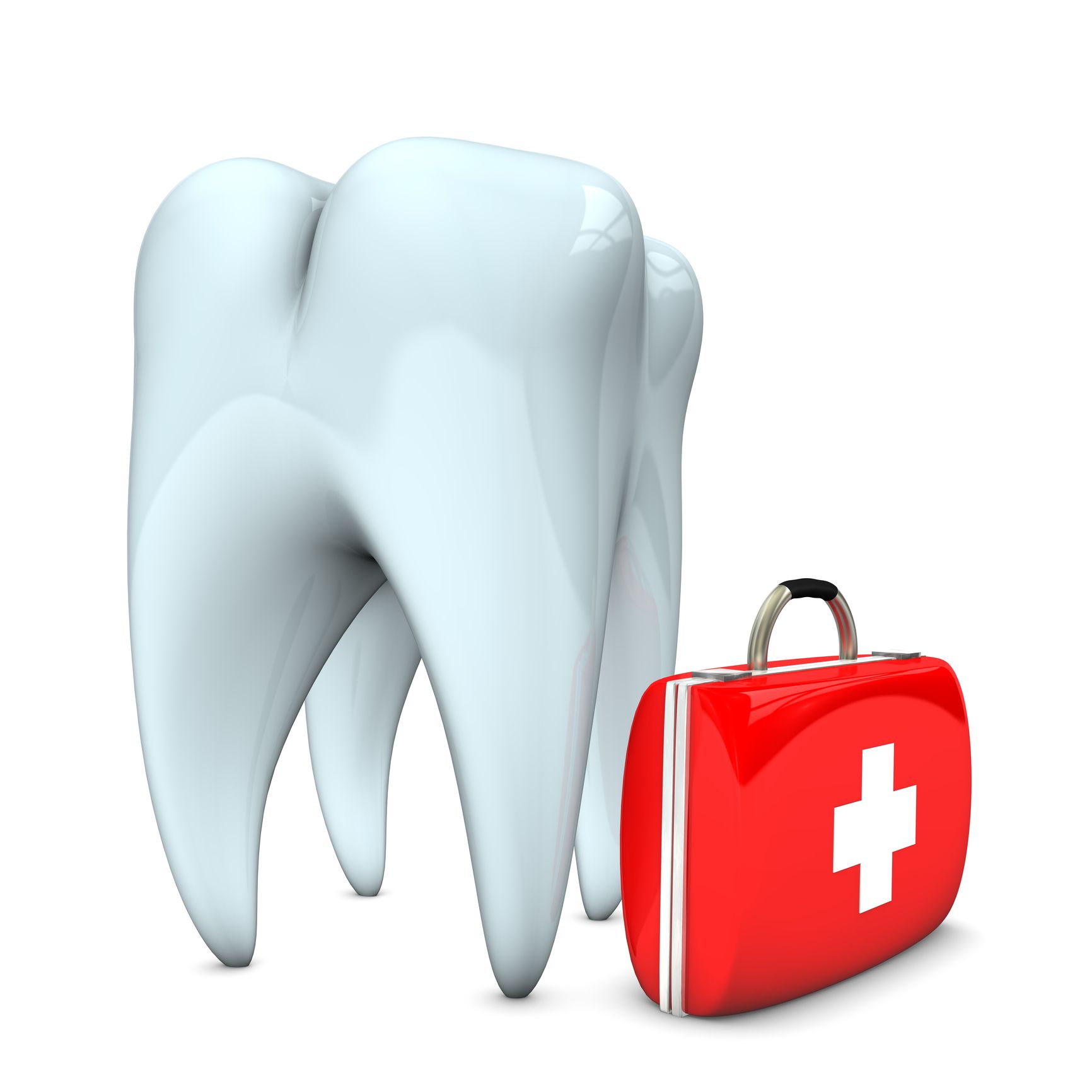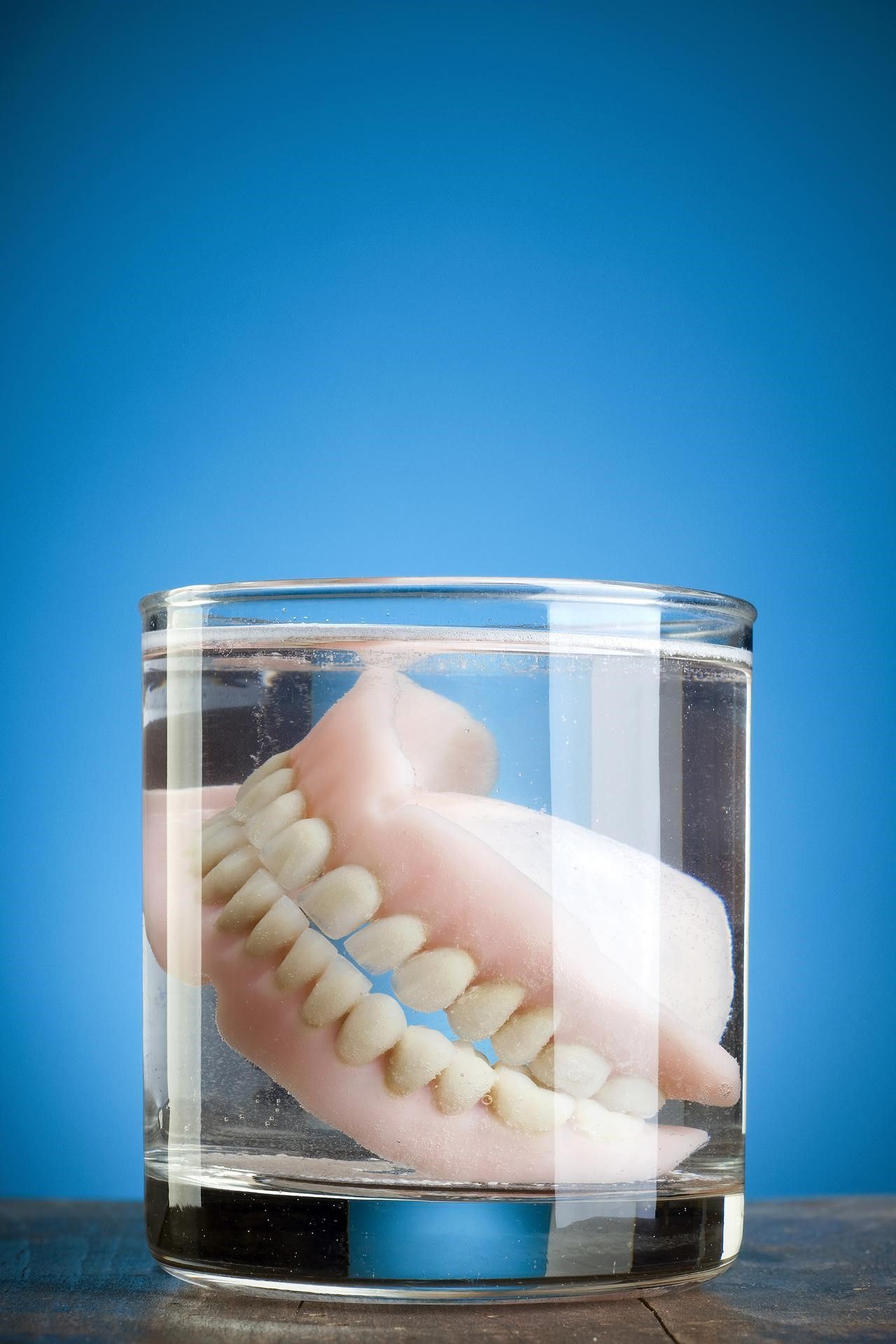Tonsil Stones Causing Bad Breath? Prevention Strategies & Removal Options

If you suffer from bad breath, also called halitosis, then you are not alone. An estimated 25 percent people worldwide report that they struggle to keep their breath fresh. While there are many causes of bad breath, if you occasionally see a white or yellow dot on your tonsils, then your bad breath may be caused by a tonsil stone problem.
Your tonsils are part of your lymphatic system, which is designed to defend your body from bacteria and viruses that can make you ill. They have small holes in them, called crypts. These crypts serve the important purpose of trapping bacteria and viruses, so your immune system can then attack them with white blood cells.
However, tonsil crypts can become a nuisance when the bacteria they trap, along with food particles and other debris, form small chunks called tonsil stones. Also called tonsilliths, these stones can begin to release sulfur, causing bad breath that can only be eradicated by removing the stones and preventing their recurrence.
Read on to learn how to prevent tonsil stone formation and how to remove them once you have already developed them.
Tonsil Stone Prevention
If you are prone to tonsil stone development, you can prevent them by choosing to:
- Gargle with mouth rinse or warm salt water after each meal. Gargling can rinse small food particles out of your tonsil crypts before they turn into tonsil stones.
- Quit smoking. Although medical professionals are unsure why, cigarette smokers tend to develop more tonsil stones than non-smokers.
- Irrigate your tonsils with a water flosser. A water flosser will project water at your tonsils forcefully, which can debris from your tonsil crypts before they turn into tonsil stones.
- Treat postnasal drip. If you suffer from frequent postnasal drip due to allergies or frequent sinus infections, then discuss treating options with your doctor. The mucus that travels down the back of your throat can accumulate in your tonsil crypts and cause stone formation.
- Avoid dairy products. The calcium in dairy products can contribute to tonsillith formation.
In severe tonsil stone cases, a full tonsillectomy can keep them from recurring.
Tonsil Stone Removal Options
If you currently have one or more tonsil stones, removing them can help get rid of your halitosis. You can remove your own tonsil stones at home or visit your dentist and have them professionally removed.
If you want to remove your tonsil stones at home, you can:
- Ease them out with cotton swabs. Gently pressing the tip of a cotton swab next to a tonsil stone will often dislodge it.
- Gargle with salt water or a mouth rinse. Gargling cannot only prevent tonsil stones, but can also help dislodge them.
- Extract them with a specialized tonsil stone extractor. Tonsil stone extractors are plastic or metal devices composed of handles with ends shaped like doughnuts. The doughnut-shaped ends apply pressure evenly around the tonsilliths to ease them out of place.
You can also wait it out to see if the stones work themselves out of your tonsils over time. Tonsil stones are often dislodged while simply eating or drinking.
Tonsil Stone Professional Removal
If you have a difficult time removing your tonsil stones at home or simply feel uneasy doing it yourself, then your dentist can remove them for you. Dentists typically remove tonsil stones by using a professional air or water syringe, or a simple tongue depressor.
If your dentist elects to use an air or water syringe, they will spray a stream of water on and around your tonsilliths to dislodge them. A tongue depressor is often used to dislodge larger tonsil stones; your dentist will apply pressure next to the tonsillith with the tongue depressor to dislodge it.
If you suffer from recurring tonsil stones that are causing tonsil inflammation, your dentist may also prescribe a round of antibiotics to kill bacteria in your tonsils; this can reduce tonsil inflammation and also help keep tonsil stones from reforming.
Reach out to the dental professionals at Eastland Dental Center & Professional Dental Care to discuss your tonsil stone problem and treatment options.









